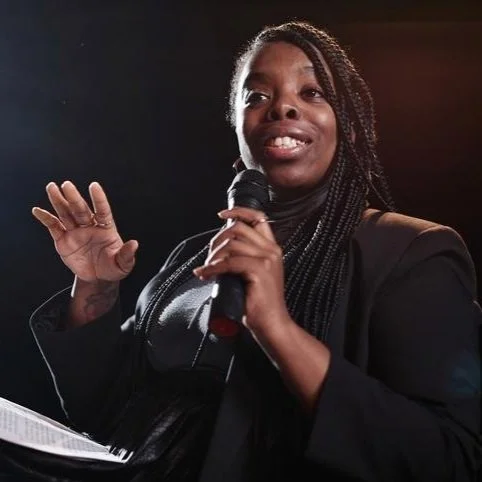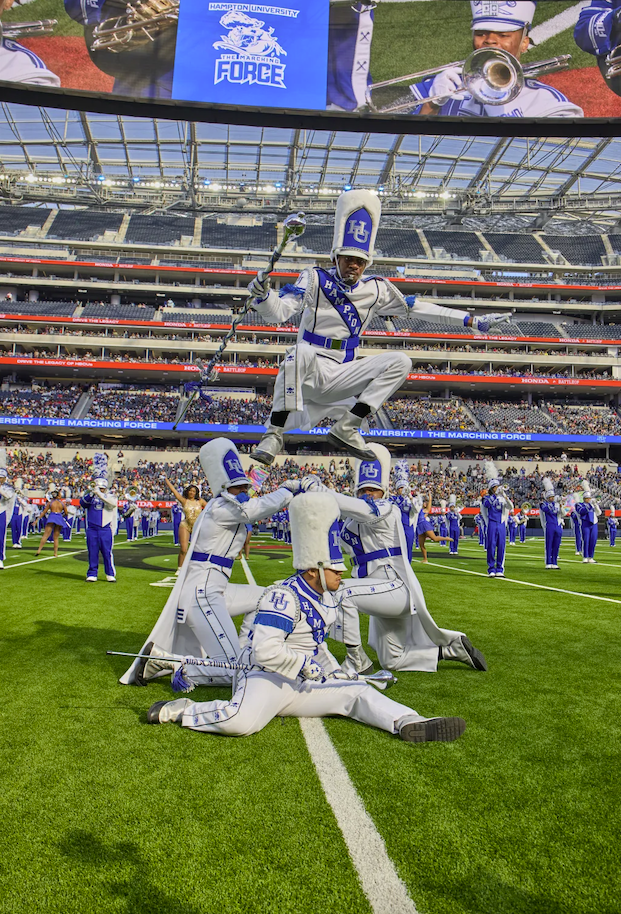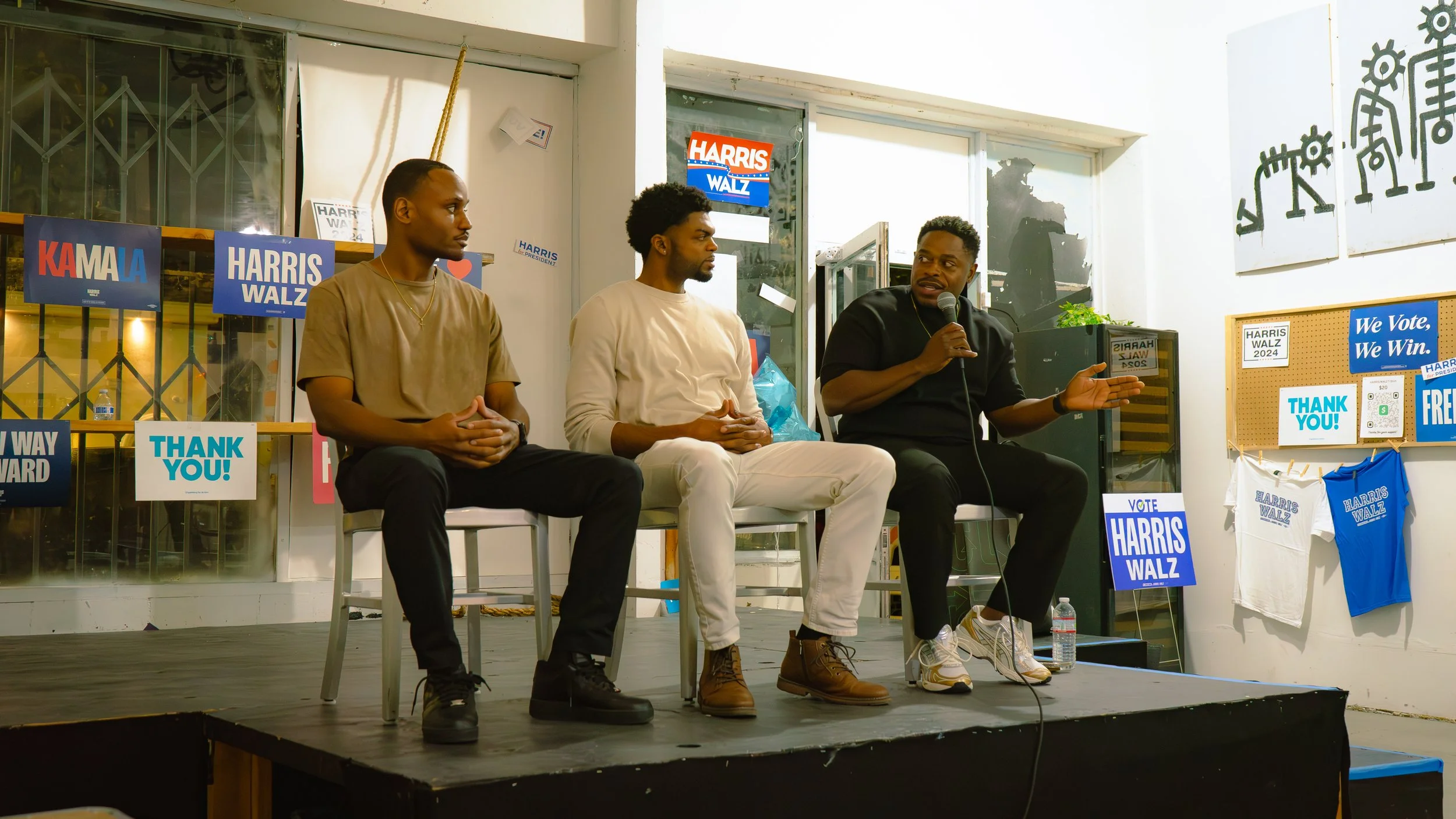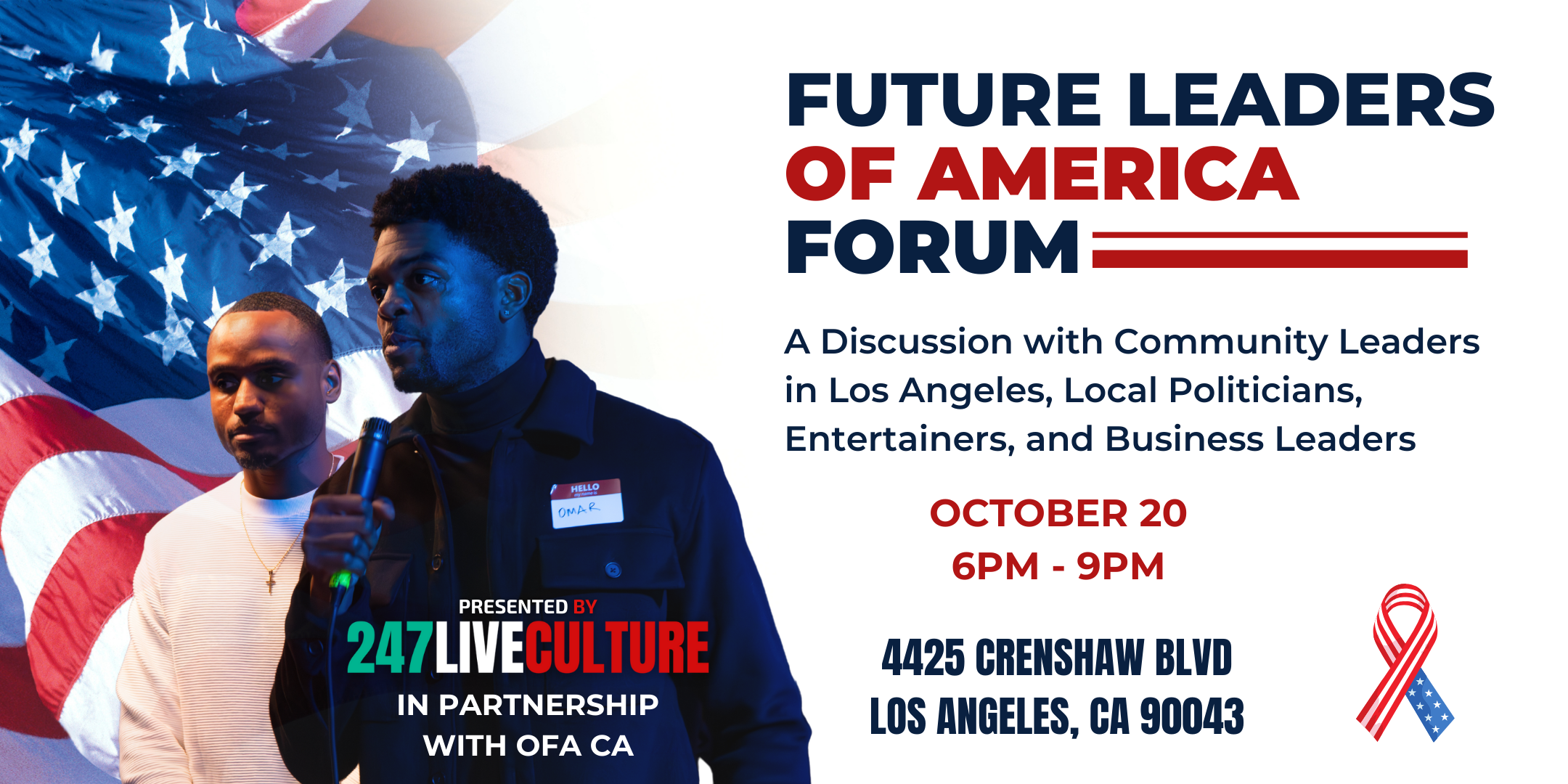Gatekeeping Black Culture: An Extreme Or Necessary Measure?
By: Cory Utsey
Black culture is a beautiful, layered delicacy.
For years upon years, Black people have used their pain, their strength and their resilience to create amazing things.
Through stories, music, lingo, aesthetic and demeanor, Black people have proven that nothing could stop the outpouring of love and creativity from being shared with one another and with the world.
Black culture is the blueprint.
Therefore, when the culture is stolen and re-packaged to be palatable for non-Black audiences, outrage is more than warranted-- especially when credit is not given where it is due.
Watching Black hairstyles be renamed and worn by non-Black models in fashion fare, or seeing dances made by Black creators be watered down and performed by non-Black influencers on television breeds a sense of rage that words could never express.
So where do we draw the line? To what extent do we keep the culture in the community? Is that even possible?
To even attempt to answer these questions, we must first acknowledge that mainstream culture is Black culture.
The so-called “stan twitter language” or Internet slang is misused and overexaggerated AAVE, trends in everyday fashion tend to be inspired heavily by the Black community, and even in meme culture are many of the images and soundbites from Black people.
Black culture has provided many non-Black people with means of profit as their mannerisms, style and personality are entirely inspired-- or stolen-- from the culture. More often than not in these instances are Black people either left without credit, or gaslighted in their attempts to call these attempts at cultural appropriation out.
The fact of the matter is that any culture, regardless of its originators, should never be co-opted by groups who have no history or reason for interaction with it, especially when co-opting leads to brand sponsorships, business start-ups or careers in music and film.
But with Black culture--a culture that has continuously been ripped off of and redefined for non-Black majorities-- it becomes difficult for many to distinguish between something which is trendy and something which is appropriated.
The main difference between the two is that trends die down. Culture does not.
Baby hairs, bamboo earrings and long acrylics, durags, Air Force 1s and baggy pants-- these things are not new to the game. Black people were rocking these types of clothing, accessories and shoes long before your favorite influencer was around.
Black culture is not something that you can look at it in 20 years and be embarrassed for engaging with-- unless we are talking about the God forsaken jheri curls.
Black culture is long-lasting, ever-influential and never lacking in flavor. It transcends decades and state lines.
Therefore, the line is drawn when Black people are not credited for their contributions while their work is actively profited off of. The culture will always be in the community because as hard as people might try to imitate, they can never duplicate with that same level of genuinity. And while it is difficult to truly keep Black culture a Black thing, putting pressure on those who try to appropriate will always be a useful tool.
Gatekeeping the entirety of Black culture seems extreme in conception, but Black culture is a bloodline of its own; it is one of few connections that many have to their roots.
Something with such delicacy can neither be taken for granted nor left unprotected; Black culture belongs to Black people, and it is within our right to defend and maintain its presence.







